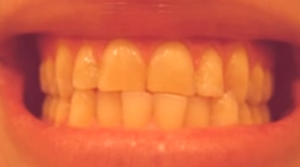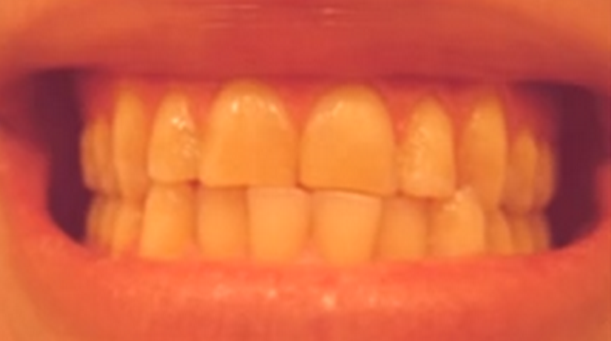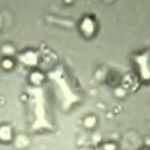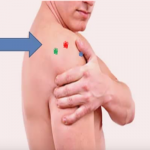Many people clench or grind their teeth on a constant basis. This grinding of teeth is called Bruxism. The reasons may be many such as in anger or anxiety. At times it is done out of habit. People having crooked teeth have also been found to have the grinding habit. Many people in their sleep tend to do the same. This can also cause a sleep disorder called sleep apnea. At times, people are unaware regarding the activity of the mouth. A dull headache which remains constant in the jaw can remind the person of having or suffering from bruxism.
Why is teeth grinding considered harmful?
In chronic cases of teeth grinding it may result in fracture, loosening of teeth or even loose of teeth. This results in damage of the crown, bridges and implants. In severe cases even dentures may be required. Severe grinding not only damages the teeth and results in tooth loss but also changes the appearance of the face.
What can be done to stop this?
During sleep, grinding of teeth can be checked by fixing a mouth guard. The dentist can fit this to protect the teeth from grinding.
It has also been noticed that stress can cause grinding of teeth. To overcome this, one must attend stress counseling sessions or meet up with a physical therapist. Muscle relaxants maybe prescribed to obtain some relief in such cases
Another option to stop the habit of grinding one’s teeth is to avoid food and drinks that contain caffeine such as colas, toffee and chocolates. Coffee is the major cause of grinding of teeth.
It has been noticed that intake of alcohol increases the habit of grinding one’s teeth.
Avoid chewing gum as it increases the habit of grinding one’s teeth.
Avoid chewing on pencils and pens. This is because soon it becomes a habit and leads to grinding of one’s teeth.
At night by holding a warm cloth against the cheek closer to the ear lobe, one can reduce the habit of grinding one’s teeth.
One must try to train him or herself not to grind or clench the teeth by sticking to tongue out between the teeth.
Do Children Grind their Teeth?
Research has proved that about 15 to 33 per cent of children tend to grind their teeth. It has also been noticed that this is seen in children at least twice in the growing years. The first instance is when the baby gets teeth for the first time, and the second is at the onset of permanent teeth.. Many children lose this habit of grinding one’s teeth once they have two sets of teeth.
It is still not known the world over as to why children get into this habit of grinding one’s teeth. Normally this is done while the child is sleeping rather than in the waking hours. At times irregular alignment of upper and lower teeth could lead to this habit. This can also occur due to medical illness such as endocrine disorders, pin worms or certain allergies. Psychological disorders in children could include anxiety and stress related problems.
Tips to check child teeth grinding
One of the tips is to reduce elements that put the child to stress. A glass of warm milk will definitely help as it works as a soothing agent. The child’s teeth diet must include good amount of water. It has been found that one of the causes of grinding one’s teeth is dehydration. Consult a good dentist to find if the teeth are not well aligned.

Symptoms of Bruxism
One may be suffering from Bruxism on experiencing the following symptoms –
- Painful jaw joint
- Long lasting pain in the face
- A dull morning headache
- Grinding sound at night
- Rhythmic contraction of jaw muscles
- Broken dental fillings and injured gums
- Lifting of weights also causes clenching of teeth
Treatment for Bruxism
Botox
Botox toxin acts as a paralytic It is used to treat painful muscle spasm. With the help of intramuscular injection Botox has a paralytic effect that could last for about six months.
Pharmacology
Drugs have a temporary relief in such cases. Sedatives and anxiolotic drugs have shown promising results in the treatment of bruxism.
Mandibular Advancement Devices
This is used in the management of sleep bruxism. Reports show very high effective results with undesirable side effects.
Behavioral Approach
Sleep hygiene, meditation, hypnosis, psychoanalysis and habit reversal have been prescribed in the treatment of bruxism. In auto suggestion the patient tells him or herself that the moment he or she grinds teeth then immediately one will get up. This method lacks medical strength. Hypnosis has found to be of great effect and has given profound relief from sleep related bruxism. Meditation however gives a feeling of self esteem and control over one’s body.


